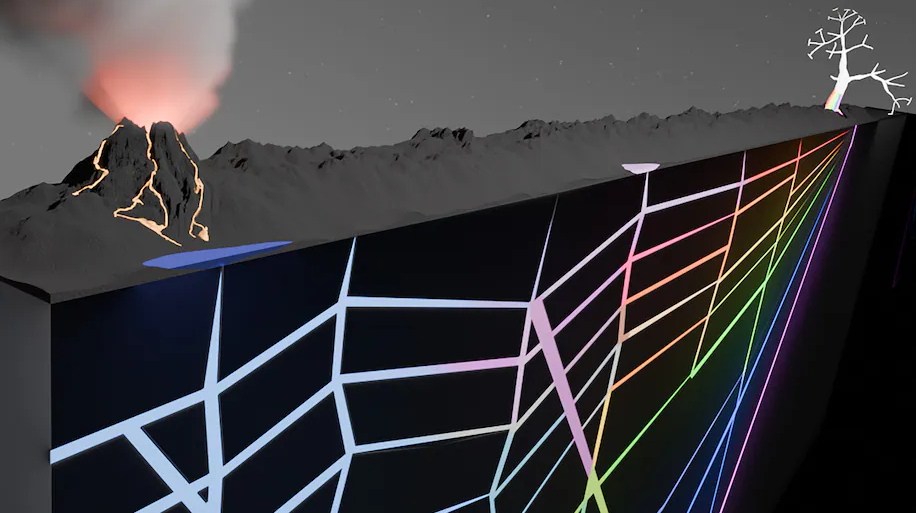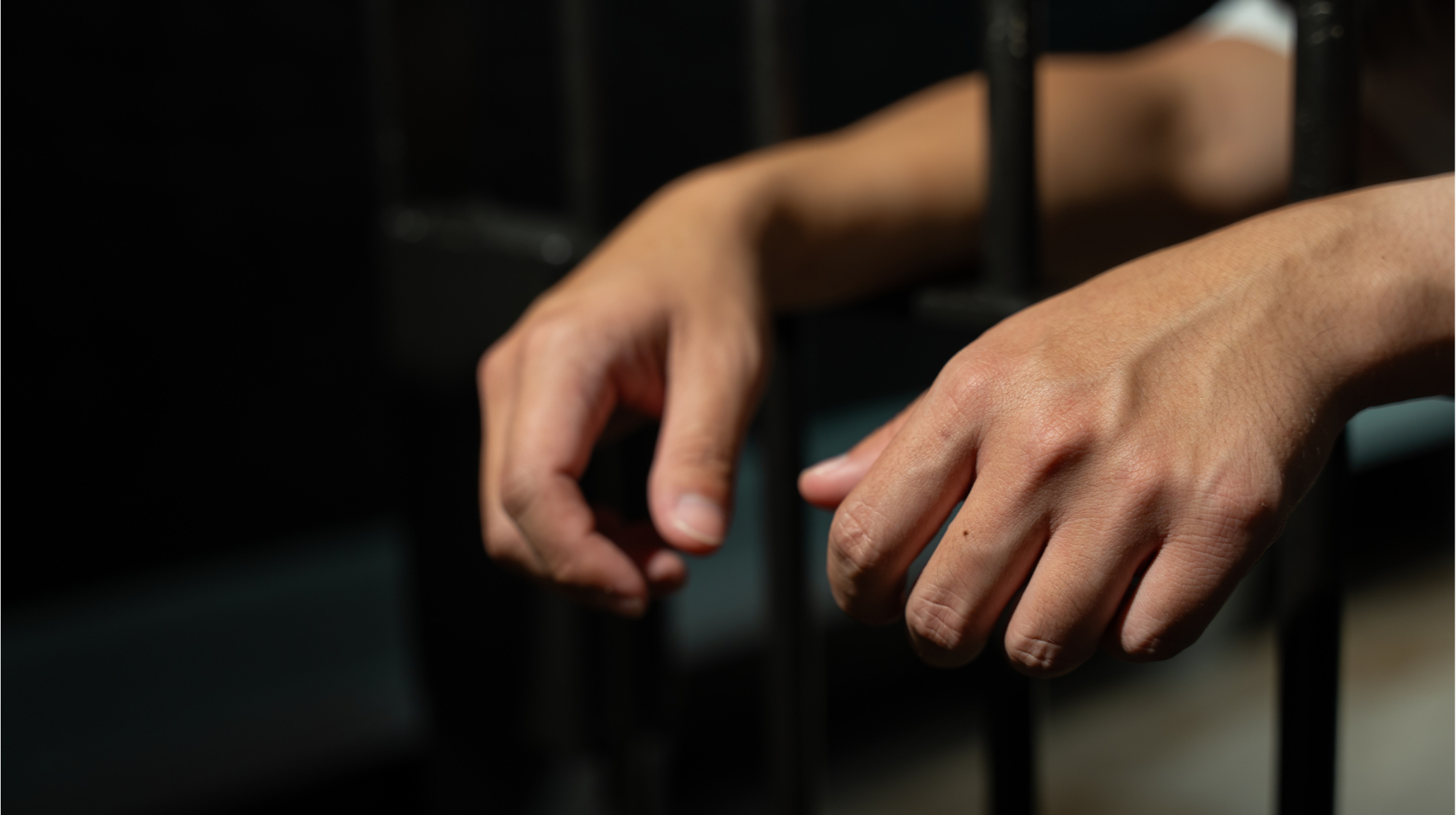February February: How to Survive Anniversary Syndrome

For the past eight years, at the end of February, I’ve noticed that I’ve stopped going to Facebook. The anniversaries of terrible and beautiful events were approaching, the anniversaries of the first great bloodshed in the history of Independence, the anniversaries of the first great and real victory, which turns into an even greater war, with the promise of an even greater victory. I should have written something, remembered something, cheered up my friends and cheered myself up, but instead I forgot what day it was today, didn’t open Facebook at all, was distracted by something urgent, and already in March I remembered that I never wrote a word about the Revolution of Dignity . This is one of the typical reactions to the “anniversary effect” – to avoid memories of the traumatic event, to switch your attention. And this is a very counterproductive reaction. Every time I “forgot” about the anniversary of the Revolution of Dignity, I was not so relieved that I quietly sat through the difficult February days, as a complex mixture of devastation and shame. Now our rages will become even more complicated, because a new terrible anniversary has been added to them: the day of the full-scale Russian invasion of Ukraine. I think it would not be an exaggeration to assume that for many Ukrainians, February 24, 2022 became the scariest day in their lives. A day of greatest helplessness and the need to make the fastest and most difficult decisions than ever before. So yes, at the end of February, so much stress and grief gathered for us that it will be a time for a long time to come, when anxiety and foreboding of an imminent disaster creeps in. Read also: How we (don’t) read during the war In general, even before the beginning of this new tragic period of Ukrainian history, we all encountered symptoms of the anniversary effect or syndrome, because this is a typical reaction of the psyche to any traumatic circumstances or event in the past. not necessarily on a catastrophic scale. If once school was a difficult experience for you, even after decades you may feel unexpected bouts of anxiety, sadness, doom at the end of the summer. If you have lost someone important, then near their birthday or the day of their death, you will also notice an influx of memories and experiences, difficult thoughts. Symptoms of the anniversary effect can be anxiety, fear, flashbacks (extremely realistic memories in which you seem to fall into the past), just obsessive thoughts and memories of a traumatic event, rage, sensations in the body that reproduce the feelings at that time. Flowers and candles are brought to the photo of the Heroes of the Heavenly Hundred. Photo: Museum of the Revolution of Dignity Of course, our situation is special, because the catastrophe is not in the past for us, it is still ongoing. And since our enemy is very fond of memorable dates, anxiety and fear now, at the end of another February, also have a completely logical basis. But it is important not to forget that they are intensified and distorted by the trauma of what has already been experienced. So what do psychologists advise to do to ease the anniversary effect? For us, not all advice is relevant, because we are still in danger, but some of them seemed valid to me: Consciously prepare for a difficult date. Keep it in focus, do not try to avoid it, distract yourself; Do something ritualistic to mark this difficult date. Gather at the table with those who lived this terrible day with you; go to church/mosque/synagogue if you are a religious person; visit some “important” place of strength for you. Anything that seems a fitting tribute will do, but there must be a ritual; Share your memories, especially with those who also have memories of this day (just kidding: there will be no difficulties in finding interviewees in Ukraine now); Focus on the path you’ve taken since the traumatic event, how you’ve changed, what you’ve managed to achieve. Here I will share my experience: I noticed even earlier that the memory of February 24, 2022, how confused and scared I was, has a calming effect on me, because then I feel with confidence how well I have adapted now and can think clearly. Photos of the destruction of Kyiv Oblast cities were published in foreign media. Photo: Timothy Fadek Read also: Is there an “unimportant” experience of war? Five conversations about self-censorship On February 18 of this year, I opened Facebook, scrolled through the feed and could not understand: why is everyone writing about the Heavenly Hundred, quoting poems from nine years ago, posting photos? The anniversary effect caught up with me again and triggered my usual avoidance mechanism. But this time he failed. After some time, I compared the content of my feed with the calendar and, instead of hastily closing the application, telling myself that I still need to think about what to write, I immediately started writing. About how injuries take away our memory. How horror falls through, sifts through the sieve of consciousness, to forever poison us from the darkness of the deepest mental caverns, never recognized or caught. I climbed into the photo archive and looked at them. I chose one, from the “Mourning Nabat” on February 19, 2014 in Dnipro, when my step-sisters and I, silent women in mourning, just walked past the fence of the Dnipro Regional State Administration, walked and measuredly beat everything that sounds scary, like a broken heart: drums, tambourines, bongos, whatever else was found in a hurry. Because there was no other way to express our anger and our pain, no words worked anymore. Other people who were then in the square in front of the Regional State Administration came to comment on my post. A friend wrote her own post. The photograph and the memory became reality. And I felt better.
Original Source Link











